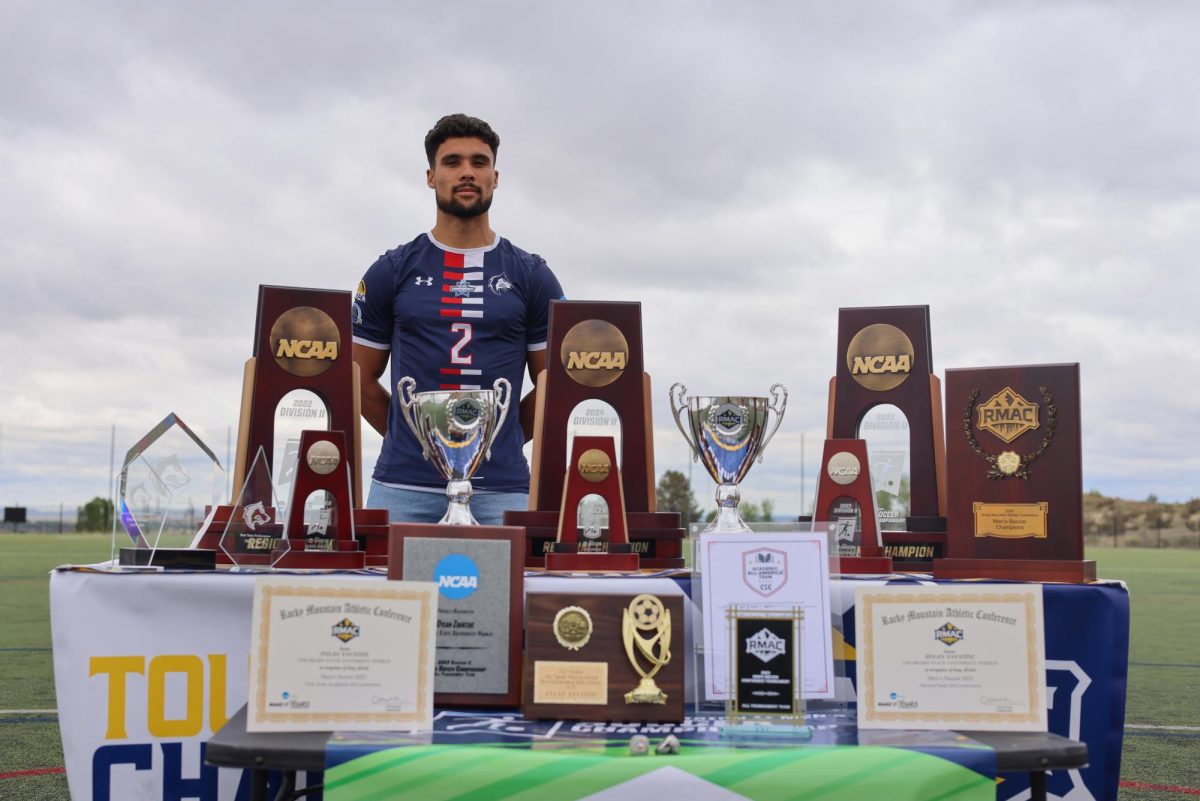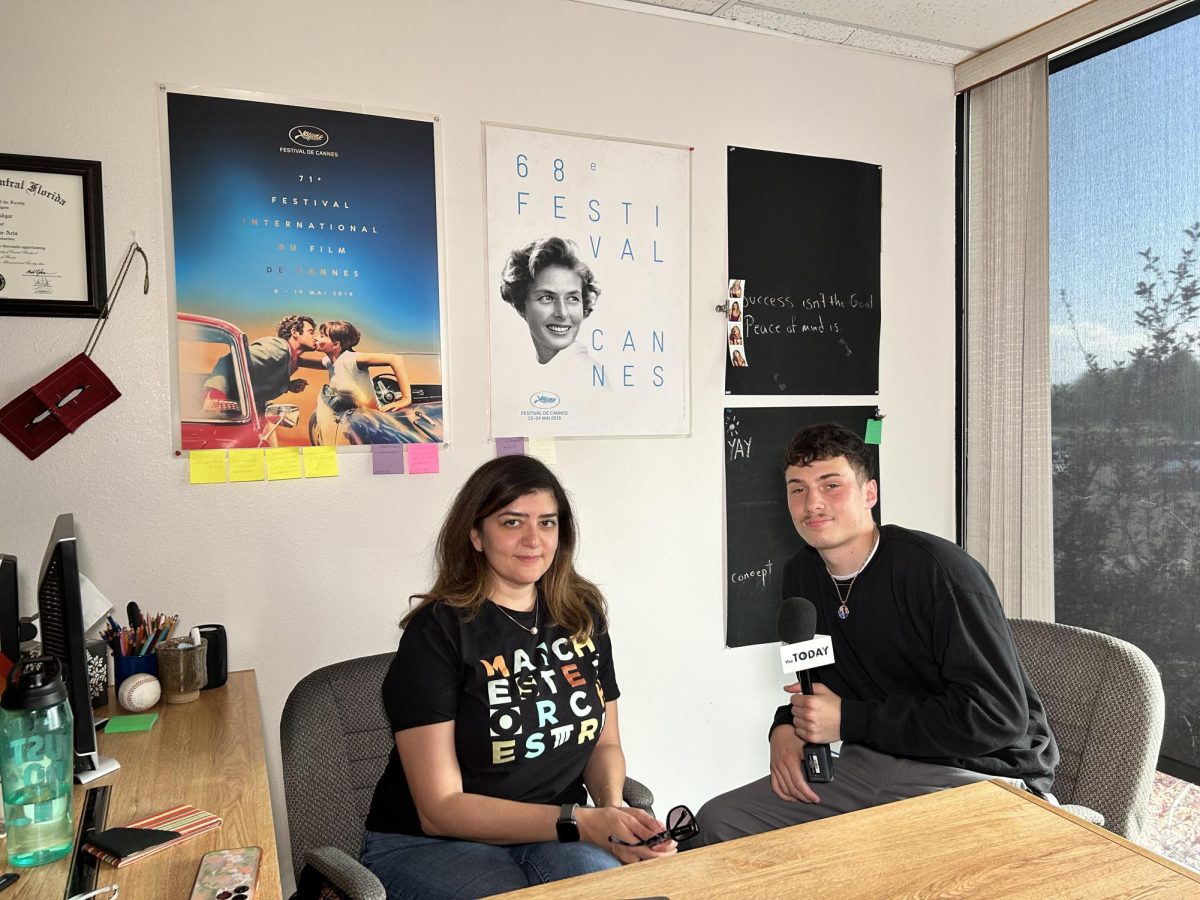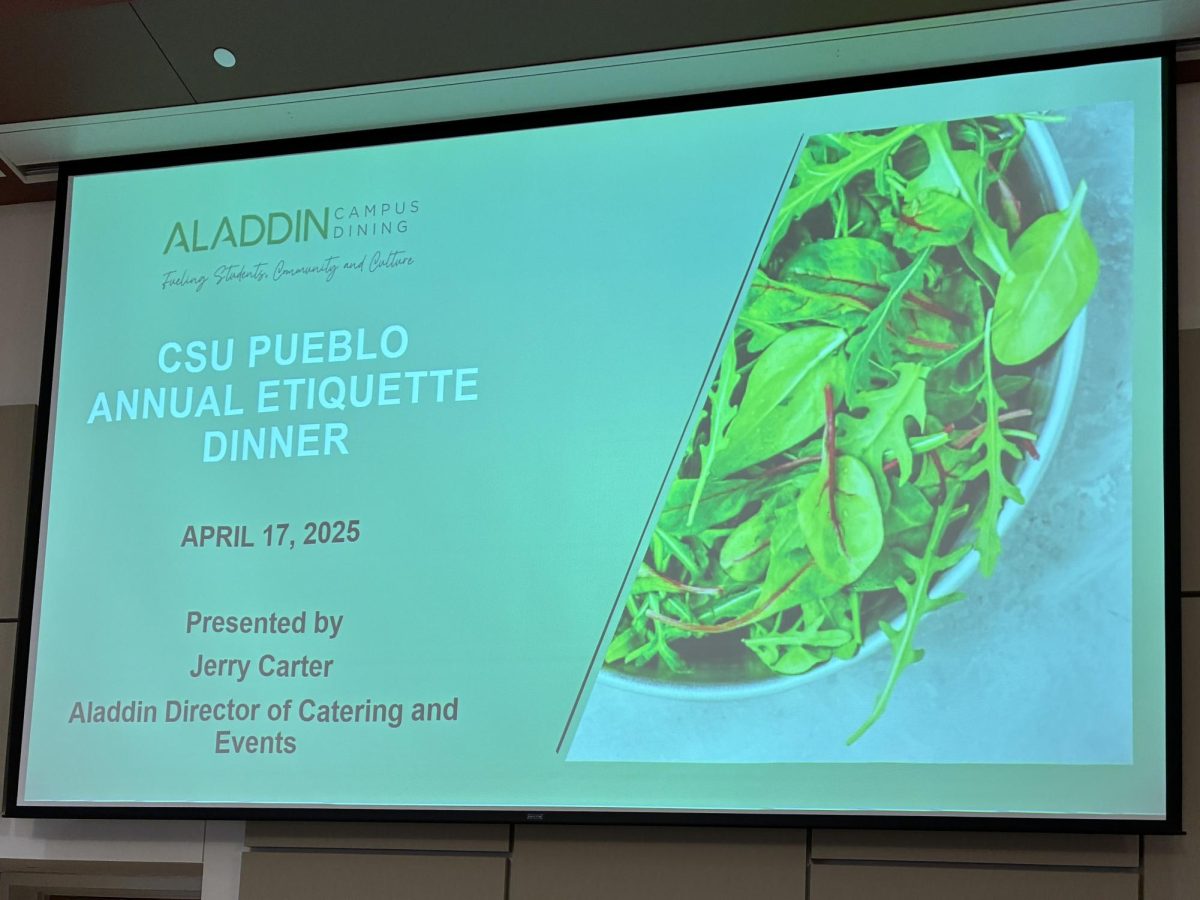CSU-Pueblo, as the 20th American university to join the Sino-American 1+2+1 Dual Degree Program between China and the U.S., welcomed program officials to visit the campus Monday, Oct. 31.

The 1+2+1 Program provides an opportunity for undergraduates and graduates from China to study at American universities, program coordinator Sufei Li said.
Li, along with Arlene Jackson, director of international education for the American Association of State Colleges and Universities, gave a presentation about the program at the faculty senate and met with the deans and faculty of the Engineering and Business programs, as well as the staff of the Center for International Programs.
The visit received positive feedback from deans and faculty, said Joseph Marshall, assistant vice president for enrollment management at CSU-Pueblo.
In 2001, the China Center for International Educational Exchange and AASCU jointly initiated the program. As of now, the program has more than 80 participating Chinese universities and colleges, and 20 American universities.
Chinese partner universities will select freshmen to spend their second and third years at one of the U.S. partner universities. Students are required to return to China for their senior year to complete their studies. Graduate students spend their second and third semesters in the U.S. and then return to China for the last year.
Qualified students will receive diplomas and degrees from both the Chinese and American universities they attended, according to the information on the program’s website.
More than 1600 Chinese students participated in the program from 2001 to 2011, and more than 50 percent of program graduates have been admitted to one of the top 100 American universities to further their studies, according to the statistics provided by AASCU.
The 1+2+1 Program is mainly for Chinese students to come to the U.S., however, AASCU created other programs for American students to study in China during the summer, as well as for faculty and administration exchanges, Li said.
Strong academic programs, especially in high-demand majors, low costs and safety are the main factors that attract Chinese students and their parents to choose CSU-Pueblo, Marshall said.
Parents will be the financial sponsors for their students, Li said.
Accepted students are required to pay for two years of tuition and fees, one semester of English training at CSU-Pueblo’s English Language Institute and one year of dormitory residence before they come to the U.S., Marshall said.
The program also requires students to attend English language courses at the American universities in order to become proficient in the language, Marshall said.
Students from the program are also eligible for financial aid at CSU-Pueblo, he said. With a minimum 2.5 GPA, international students can get up to $4,000 in University Access Grants.
“I had always wanted to get into China as a new market to diversify our recruitment,” Marshall said.
The program accepted CSU-Pueblo because of its strong field in engineering, which is a high demand at Chinese universities, Li said.
CSU-Pueblo will accept up to five undergraduate and two graduate students for next fall, Marshall said. The Admissions Office will receive students’ applications from AASCU in March 2012 and will decide which students they will admit before June 2012.
The majors open for the program have not yet been determined. However, it will mainly depend on the interests of students, Marshall said.
“Right now, the demand is for engineering and business,” he said.
Marshall will travel to China in June to attend the program’s annual conference and help train accepted students for visa interviews.









